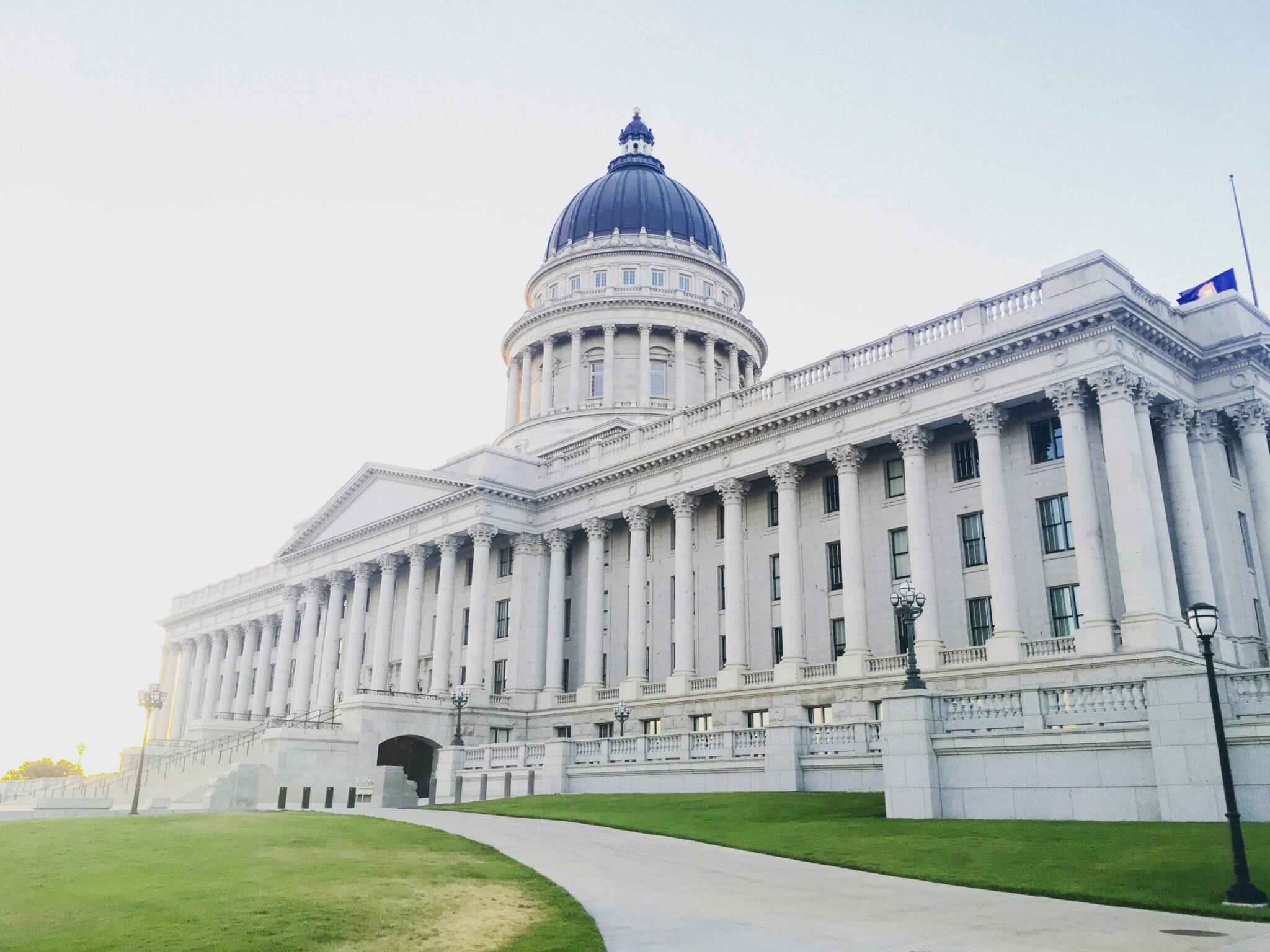
John Fry is a student at Harvard Law School.
In today’s news and commentary, Utah considers weakening public-sector unions; Amazon is accused of union-busting in Kentucky; and Philadelphia unions are helping members buy homes.
State employees in Utah are speaking out against a proposed bill that would weaken the state’s public-sector unions. Following the lead of Florida, which passed a similar bill last spring, the new law would require public-sector union members to “opt in” to paying dues each year and would require the unions to be re-certified once every five years. As in Florida, the law exempts “public safety” unions, including police and firefighters—widely seen as politically popular groups—from these requirements. As Michelle covered yesterday, these special exemptions can be divisive and hard to define. The head of a Utah firefighters union testified against the bill, saying: “My members, we don’t stand behind our teachers, maintenance workers and everybody else. We stand beside them.” The bill’s proponents insist that it will promote freedom of choice and union democracy.
Amazon is once again accused of union-busting at a Kentucky air hub amid a campaign by the Amazon Labor Union. When Amazon scheduled invite-only captive audience meetings with select groups of workers, organizer Griffin Ritze attempted to join the meetings and rebut the company’s anti-union arguments. As the law stands today, employers have the right to hold these meetings without granting union supporters an opportunity to reply. NLRB General Counsel Jennifer Abruzzo has made it a goal to change this doctrine. As Will covered last month, Amazon has previously attempted to stop union supporters from tabling outside the entrance to the air hub, leading union supporters to file unfair labor practice charges with the NLRB.
Unions in Philadelphia are providing support to help members buy homes, a response to the nationwide housing crisis that has captured increased attention in the labor movement. Helping workers find housing, which constitutes most Americans’ largest expense, is a valuable recruitment tool for unions, reports the Philadelphia Inquirer. The services provided include matching union members with realtors and lenders, discounts on insurance and moving costs, and rebates. The municipal union AFSCME has also held seminars to help members improve their credit ratings. As Ian discussed last month, hospitality workers with UNITE HERE Local 11 in Southern California have made affordable housing a central tenet of their monthslong strike wave.






Daily News & Commentary
Start your day with our roundup of the latest labor developments. See all
February 9
FTC argues DEI is anticompetitive collusion, Supreme Court may decide scope of exception to forced arbitration, NJ pauses ABC test rule.
February 8
The Second Circuit rejects a constitutional challenge to the NLRB, pharmacy and lab technicians join a California healthcare strike, and the EEOC defends a single better-paid worker standard in Equal Pay Act suits.
February 6
The California Supreme Court rules on an arbitration agreement, Trump administration announces new rule on civil service protections, and states modify affirmative action requirements
February 5
Minnesota schools and teachers sue to limit ICE presence near schools; labor leaders call on Newsom to protect workers from AI; UAW and Volkswagen reach a tentative agreement.
February 4
Lawsuit challenges Trump Gold Card; insurance coverage of fertility services; moratorium on layoffs for federal workers extended
February 3
In today’s news and commentary, Bloomberg reports on a drop in unionization, Starbucks challenges an NLRB ruling, and a federal judge blocks DHS termination of protections for Haitian migrants. Volatile economic conditions and a shifting political climate drove new union membership sharply lower in 2025, according to a Bloomberg Law report analyzing trends in labor […]